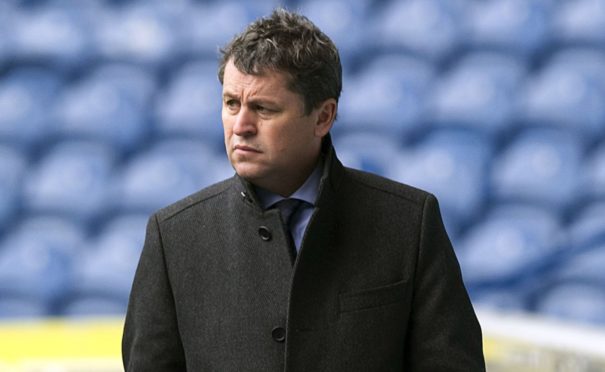
An insolvency expert shattered by a baseless prosecution has vowed to put the Crown Office and Police Scotland in the dock, saying the legal action against him should be investigated as potentially criminal.
David Whitehouse, one of several executives targeted in a fraud investigation following the deal to buy Rangers out of administration nearly 10 years ago, described his treatment as “utterly scandalous”.
In an unprecedented admission, the Crown Office has accepted there was no evidence against him and his prosecution was malicious. However, after sharing a £21 million compensation award with a colleague, who was also prosecuted without grounds, Whitehouse will go to court this week to demand evidence is released that, he believes, will help prove Scotland’s most senior prosecutors and police acted illegally.
He said: “I believe that those responsible should be held to account and I struggle with the concept that you can wilfully, intentionally and maliciously prosecute people with no evidential basis and not cross the boundary into criminality.
“I have a hearing on Thursday in which we are making an application to use the material we recovered for civil litigation to bring a criminal complaint in relation to officers of Police Scotland and Crown Office staff including the former Lord Advocate, Frank Mulholland. I want to see them prosecuted. They used the full power of the state to abuse every process of the justice system and that should not be allowed to happen. If there is not an inquiry into this that will be a further scandal.”
The case against Mr Whitehouse was initiated by Mr Mulholland, now High Court judge, but was dropped months before James Wolffe succeeded him as Lord Advocate in 2016. However, the Crown fought the civil action of Mr Whitehouse for another four years. Mr Wolffe is now expected to address the Scottish Parliament on the scandal at the Crown Office.
Mr Whitehouse and his colleague Paul Clark, who also worked for corporate restructuring firm Duff & Phelps and has been awarded a share of the £21m compensation, had been charged with fraud after Rangers’ takeover by Craig Whyte in 2011 and subsequent collapse the following year. Others involved were also investigated and prosecuted but none was convicted and the compensation and costs linked to related civil actions against the Crown Office could top £100m.
Mr Whitehouse said: “What happened to me was utterly scandalous and there needs to be some form of inquiry and investigation to ensure it does not happen again.
“What needs to happen is for the Crown Office and Police Scotland to take responsibility, own up with candour over what happened and address it. What should not happen is a scattergun approach to using the public purse to just buy it off. This was not a situation where they made mistakes. They absolutely knew there was not an evidential basis for what they were doing, and they did it for an improper motive.
“Then Lord Advocate Frank Mulholland was at the pinnacle of the decision-making process and was, therefore, responsible for the prosecution. I have made my feelings on him clear to the Crown Office. I think the Lord President should be asking him to account for his conduct and should be considering whether he is a fit and proper person to sit as a judge.”
Now, Mr Whitehouse, 54, has told how his life was shattered after being investigated and charged without evidence. He was first arrested in November 2014 then again in September 2015, ahead of a court appearance where prosecutors said they were seeking further time to investigate the case.
He said: “I was taken from my house in Cheshire at 8.30am driven to Glasgow and spent six days in a police cell, with no bed and a concrete floor, at Helen Street station. I was treated worse than a terrorist.
“On the Saturday after I was arrested, I was visited in the cell by an officer who said he was obliged to tell me they had received intelligence that my family was at risk and there was material on the internet and so on. I asked to speak to my family and my lawyer and was told the duty sergeant said no.
“It was akin to torture. Why would you come into a cell to tell someone, ‘your family’s at risk but there’s nothing you can do about it’?
“They opposed bail on the basis I might flee the country and I spent six days locked up on a complete fabrication. If they had called me, I would have attended at any police station for interview. The second arrest, they turned up first thing in the morning, blocked my street with police cars and handcuffed and searched me in the street. It was just awful behaviour.”
Mr Whitehouse said Mr Mulholland must answer for the initial investigation launched without evidence but Mr Wolffe, his successor as Lord Advocate, must explain why the case was not dropped and why the Crown defended his civil action for years despite the lack of evidence against him.
He said: “The civil litigation should never have been defended in the manner it was defended. They maintained for four years that Crown Office staff were entitled to proceed and it was only when a cloak of immunity was lifted, and they had to provide the evidence to support this, that they crumbled, said they did not have the evidence and admitted a malicious prosecution.
“Had they made that admission four years ago it would have had a very different impact on me, and that sits with the current Lord Advocate. That cannot be allowed to go unchecked.
“People should be entitled to a presumption of innocence and their liberty should be respected and, indeed, sacrosanct. The effect and the strain from this, on all aspects of my life over several years, has been huge.”
Mr Whitehouse and Mr Clark are understood to have received around £21m in damages and more than £3m in legal costs from the Crown Office who admitted liability, including, it is understood, for the conduct of police. It’s understood Police Scotland paid out a nominal six-figure sum over the case.
The pair were awarded the compensation after the Crown Office’s QC admitted in court their prosecution over the 2012 Rangers administration had been malicious.
Mr Whitehouse said orders granted previously for recovery of Crown Office documents limited the material’s use to the civil litigation which has now concluded. He said: “The Court of Session application is to enable me use the material for the purpose of making criminal complaints and reports in relation to conduct and, secondly, to be able to give evidence at any subsequent public inquiry.
“I am in a position where I had the means to afford litigation to bring these people to account and it begs the question of how often this kind thing happens and people can’t afford court action. It shouldn’t just be for the wealthy to achieve justice.”
Two others involved in the 2012 Rangers buy-out, former chief executive Charles Green and Imran Ahmad, also received Crown Office apologies and are seeking damages of about £20m each. Another Duff & Phelps administrator, David Grier, who was also investigated then cleared, is suing the Crown Office and Police Scotland for about £14m.
The Crown Office said: “The Lord Advocate intends to make a statement to the Scottish Parliament when the actions raised by Mr Clark and Mr Whitehouse are concluded.
“A number of ongoing related court actions will restrict the scope of this statement. However, the Lord Advocate is committed to supporting public understanding of these cases and will provide as much information as he properly can. The Justice Committee has written to the Lord Advocate on this subject and that correspondence will be responded to in due course.”
Police Scotland said: “We have reached an agreement to resolve this dispute and, as part of that agreement, will make no further comment.”
The background
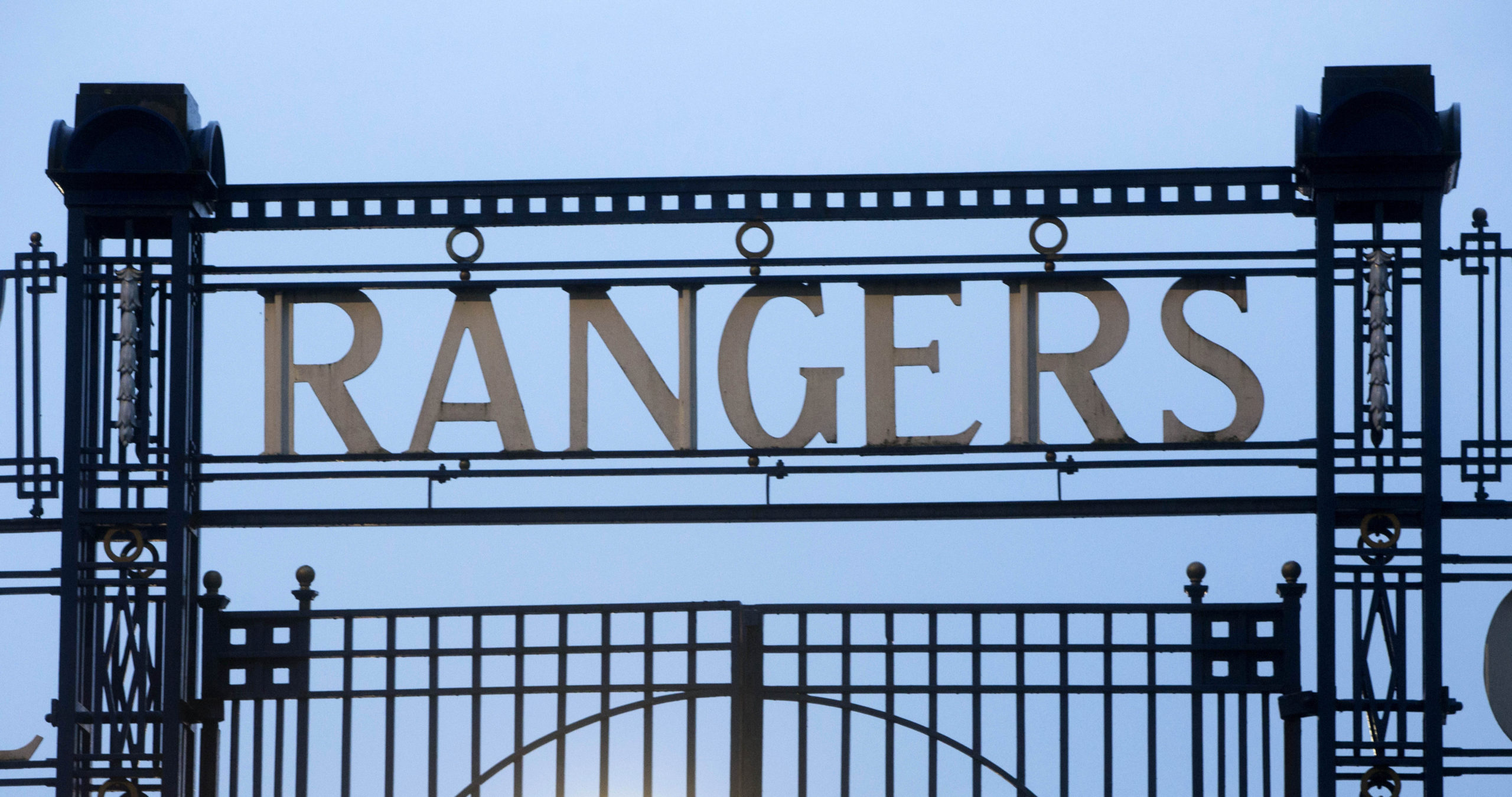
The consequences of businessman Craig Whyte’s ill-fated takeover of Glasgow Rangers in May, 2011, are still unfolding in the courts.
Whyte bought the club from Sir David Murray for a token £1 and the promise of wiping millions of pounds in debt but, it later emerged that, before the sale had been completed, he had borrowed £26 million against future season ticket sales.
Rangers were placed in administration the following year with London-based finance firm Duff and Phelps appointed administrators. They retained most of the playing staff and pursued a Company Voluntary Arrangement which could have provided an opportunity to pay off debts.
In June, 2012, this proposal was rejected by HMRC and, around the same time, the Crown Office, under Lord Advocate Frank Mulholland, asked police to investigate the purchase of Rangers and the club’s subsequent financial management. The assets of the club were sold to a consortium led by Yorkshire businessman Charles Green and the club went into liquidation in October, 2012.
Mr Whitehouse and Mr Clark were detained by police in November, 2014, in relation to the probe into Whyte’s takeover but the charges against both were later dropped.
In 2016 they launched cases suing the Lord Advocate and the Chief Constable of Police Scotland claiming they had been mistreated and their human rights had been breached. The cases were settled four years later following the Crown Office’s unprecedented admission the prosecutions had been malicious.
Whyte was cleared in 2017 of acquiring Rangers by fraud following a High Court trial.
OPINION: It is unprecedented, shocking, and has to be investigated. But how? By who?
By Graeme Pearson, former head of the Scottish Crime and Drug Enforcement Agency and a former MSP
It is completely unprecedented in Scottish legal history that a prosecution would be admitted as malicious. That is not incompetence or oversight, that is someone knowingly engaging in a wrongful prosecution and that is shocking.
I am also shocked at the relative lack of comment on this matter in public life across Scotland. More than £20 million has so far been paid from the public purse in damages. The Crown Office’s entire budget last year was around £120m and there are yet more cases to come.
I would have thought the noise would have been deafening. Instead, there has almost been silence. The Justice Secretary, the Parliament and the Scottish Police Authority have said little or nothing.
In my experience as a police officer you gather evidence and, if you are unsure where it’s taking you, direction is taken from the procurator fiscal (PF). The PF acts as a devil’s advocate, challenging evidence. It helps decide if there is a case to answer.
I would have thought Crown Office would have been right in the middle of this case. Yet we arrive at the point where warrants were issued, offices searched and people were detained before someone said ahead of the trial, “whoops, this prosecution shouldn’t have been mounted” and it’s eventually declared malicious. I can’t understand how we got to that point and the system’s checks and balances didn’t close it down much earlier. It’s a legal scandal in a very real sense.
It used to be said that Scotland was a world leader in the administration of justice and the protection of human rights. It’s all the more reason to question how this situation even occurred with none of the checks and balances operating in either Police Scotland or the Crown Office.
I think the establishment could find it almost impossible to identify an appropriate office to conduct any criminal inquiry into this. The Crown Office have always seen themselves as standing above any other investigative authority in Scotland other than the courts and, more recently, perhaps, the Scottish Parliament. Strictly speaking, it’s the police’s duty to act under direction of the Crown Office and Procurator Fiscal Service. Therefore, if another police force is brought in to investigate, all they could do is check the administrative element of the various stages dealt with by Police Scotland officers.
In the absence of greater clarity in the future I can only imagine a senior judge-led inquiry could hope to get to the bottom of this debacle.

Enjoy the convenience of having The Sunday Post delivered as a digital ePaper straight to your smartphone, tablet or computer.
Subscribe for only £5.49 a month and enjoy all the benefits of the printed paper as a digital replica.
Subscribe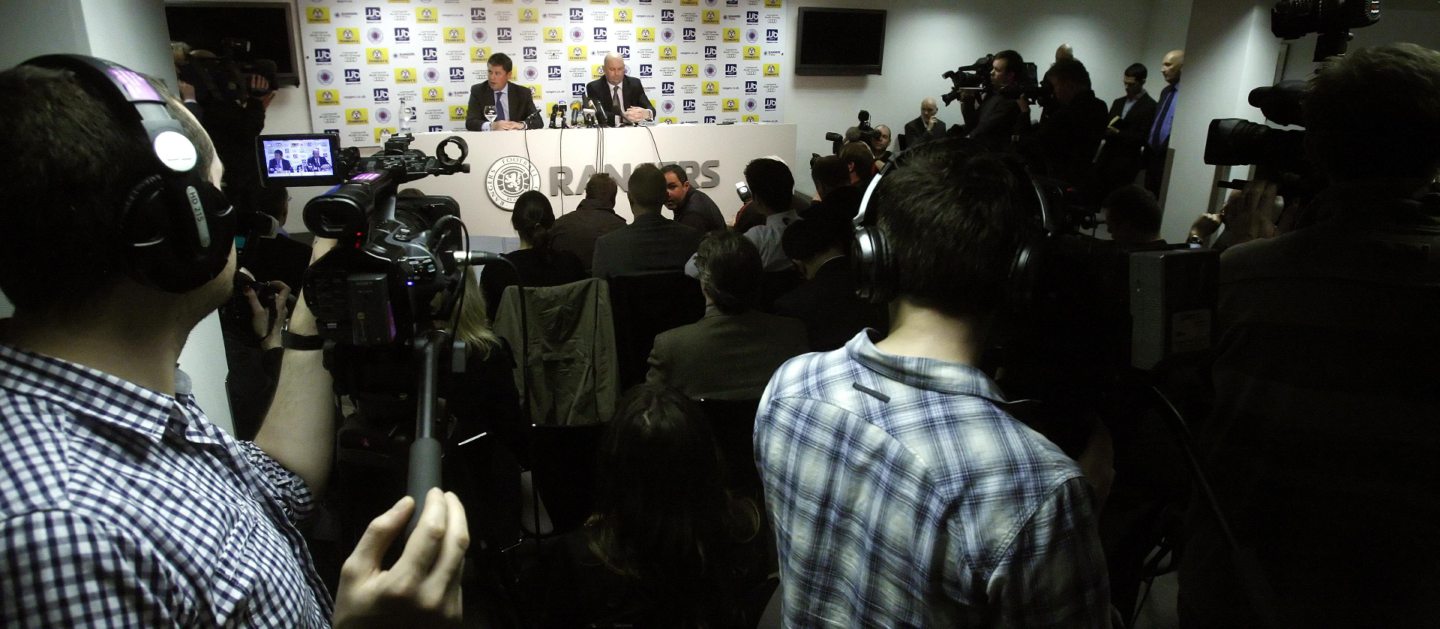 © PA
© PA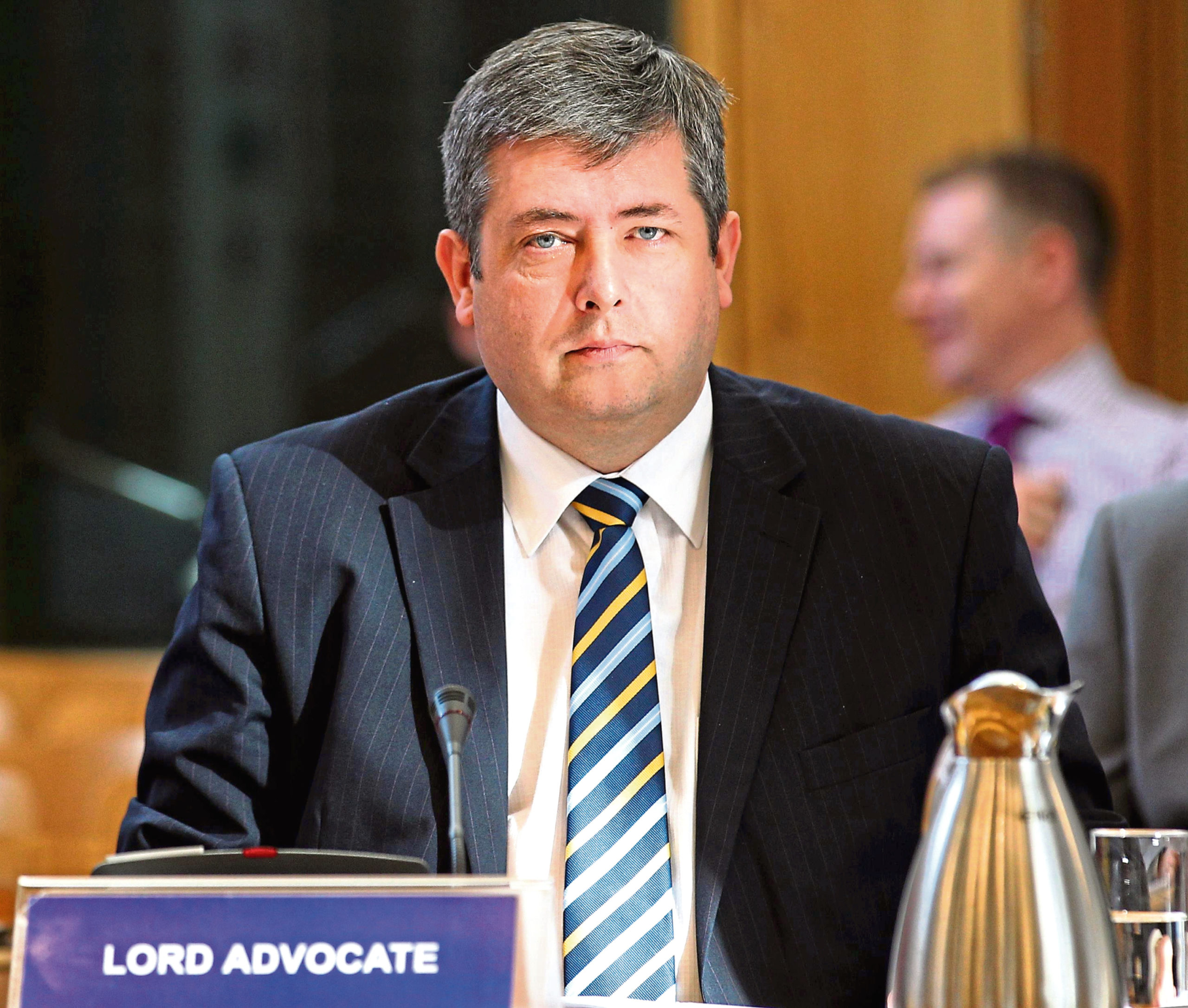 © PA Archive/Press Association Ima
© PA Archive/Press Association Ima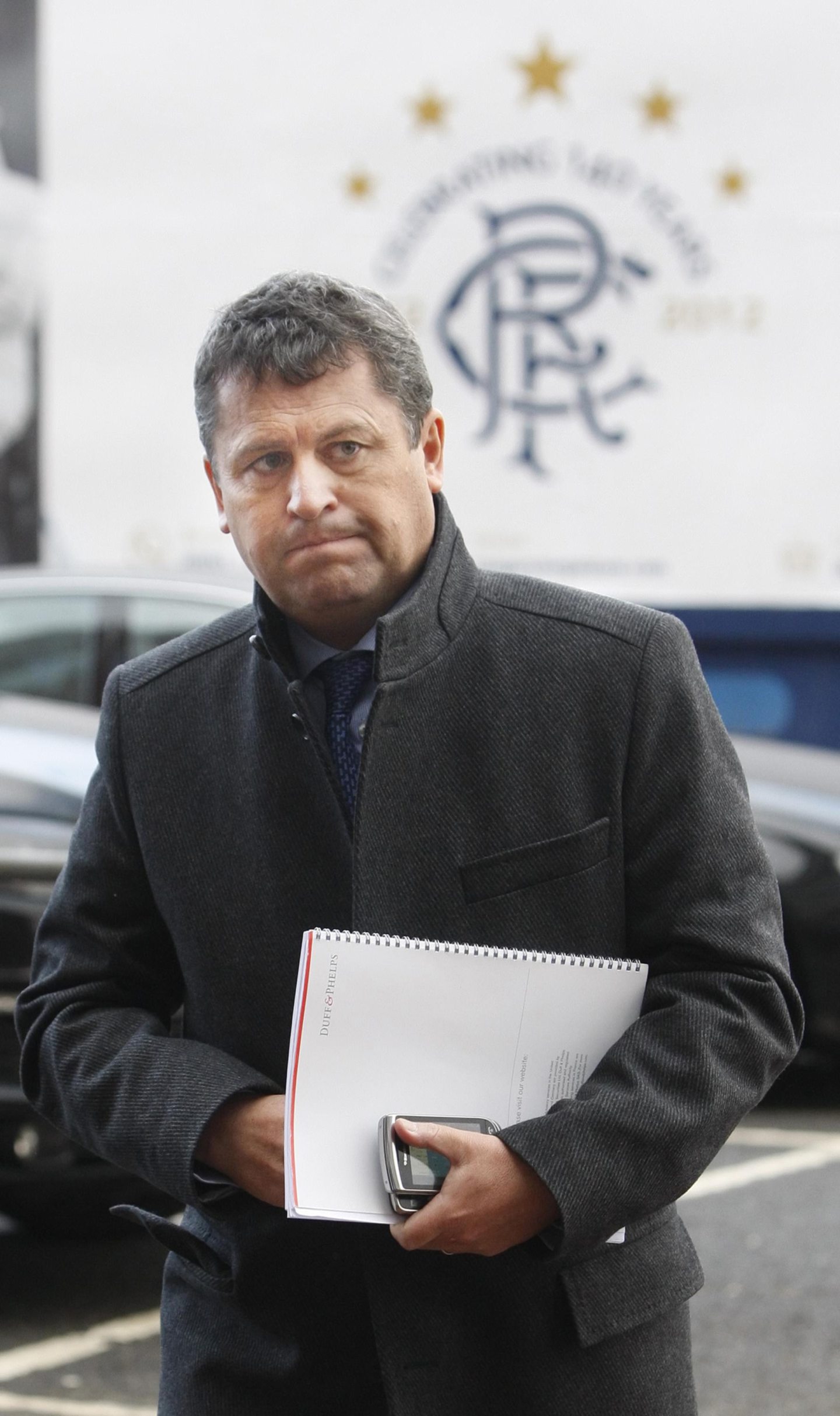 © PA
© PA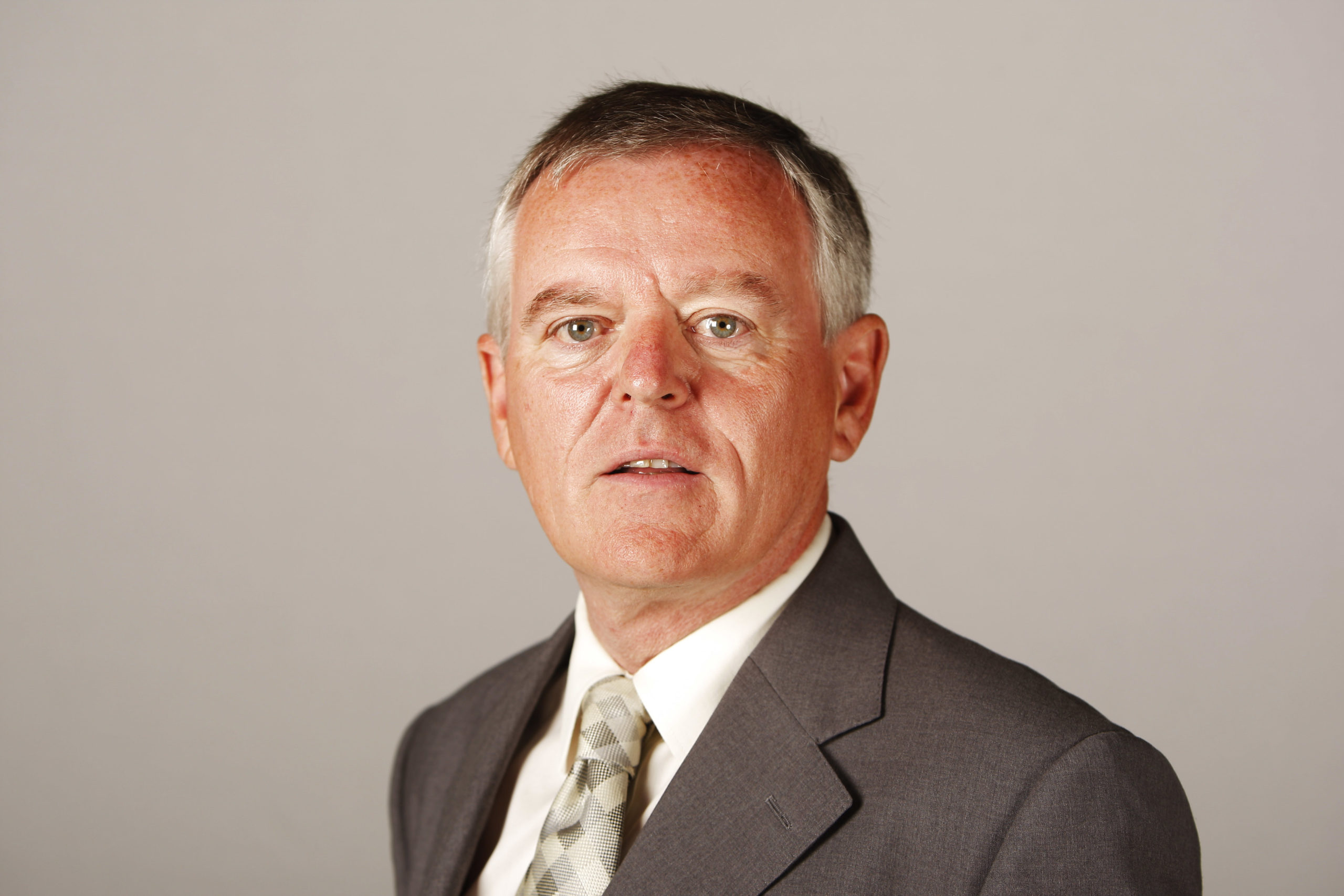 © Andrew Cowan/Scottish Parliament
© Andrew Cowan/Scottish Parliament